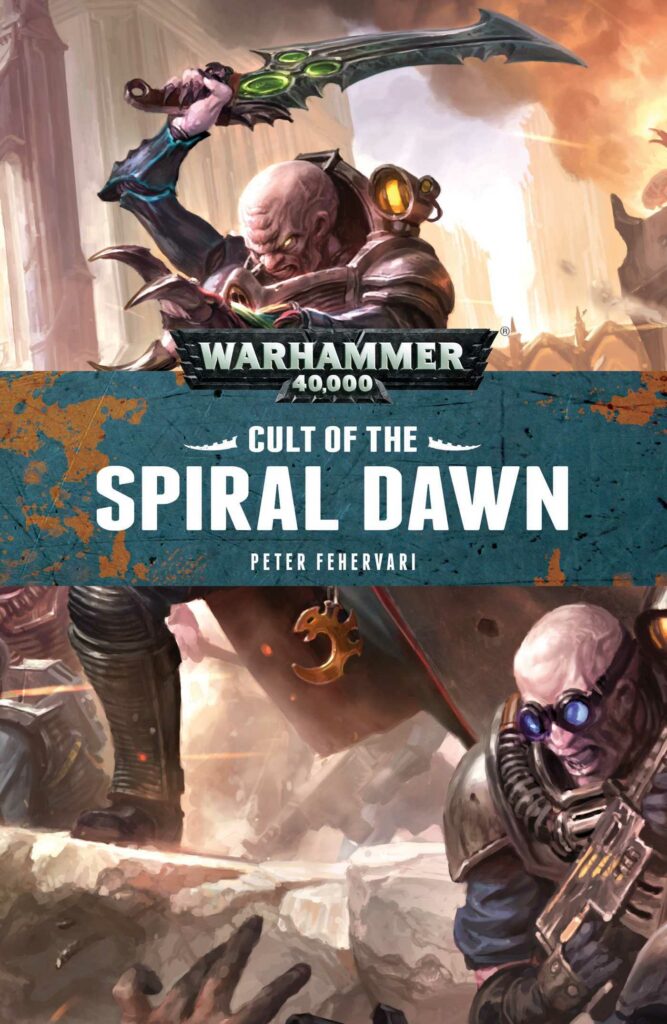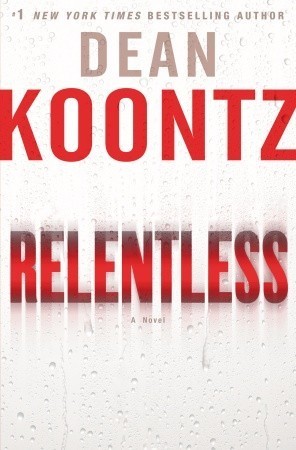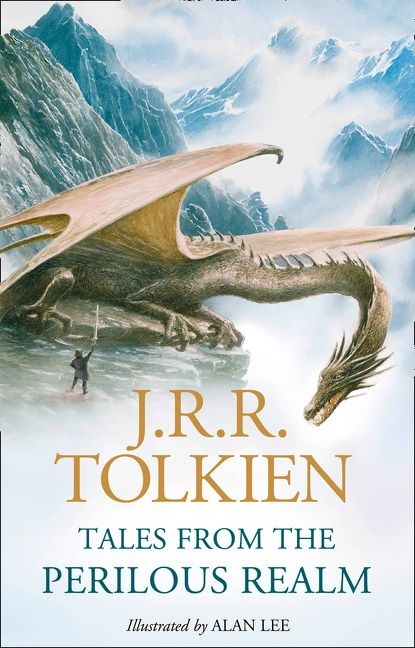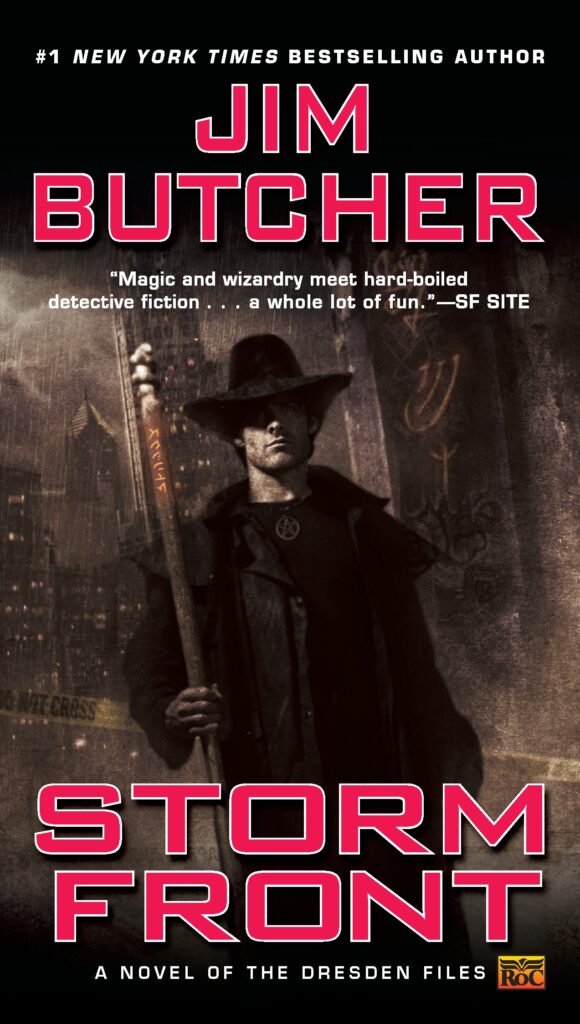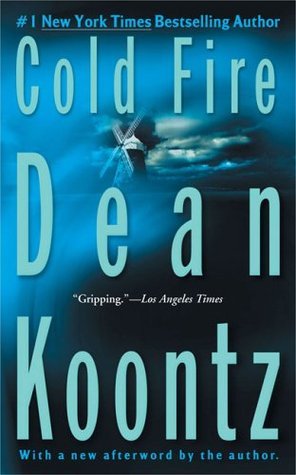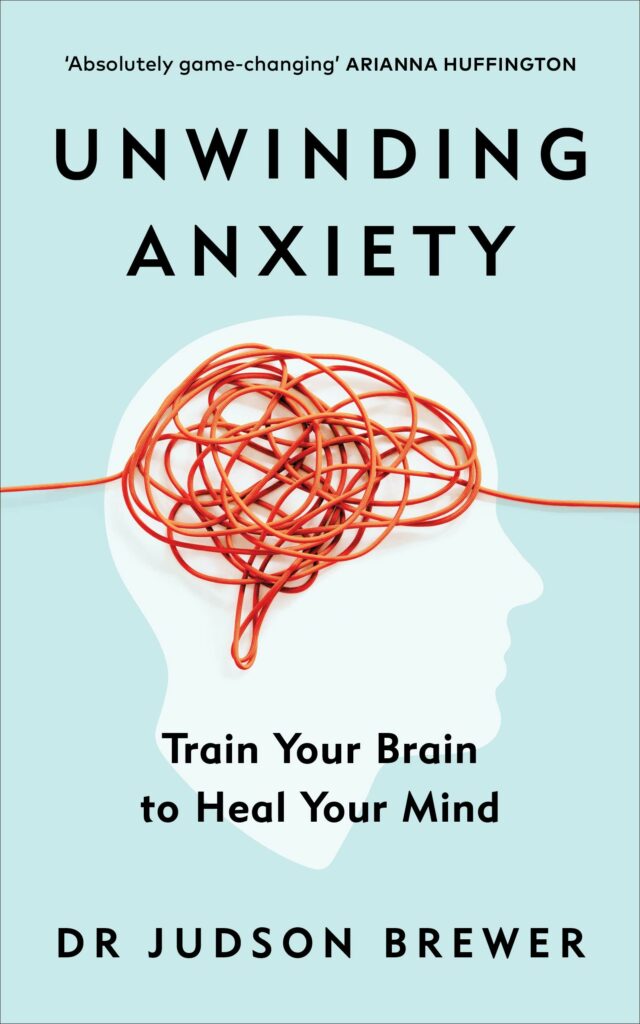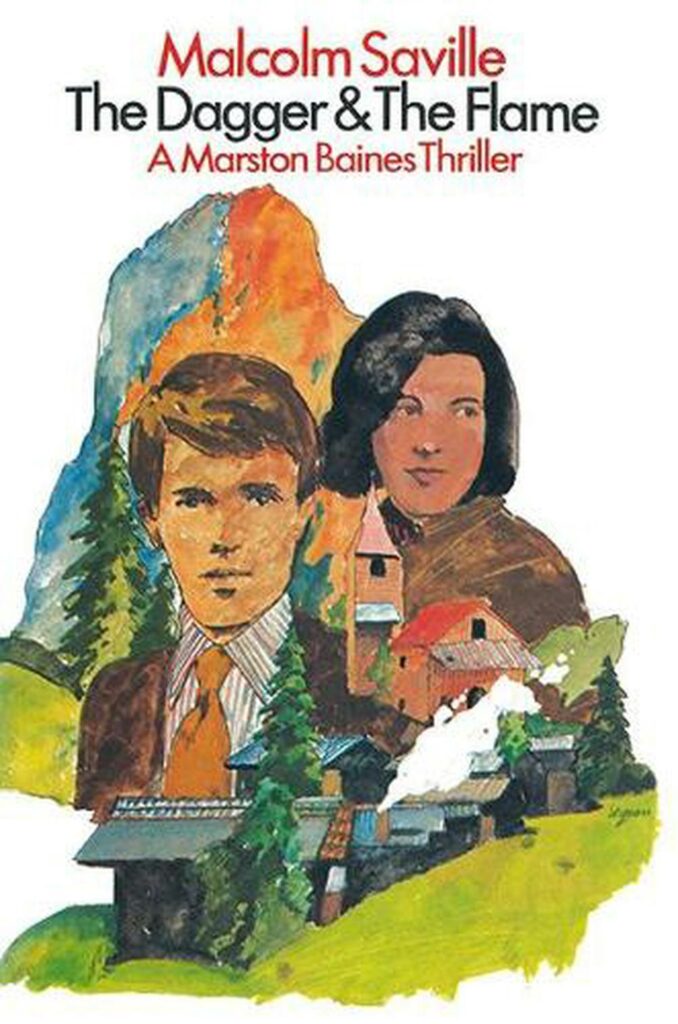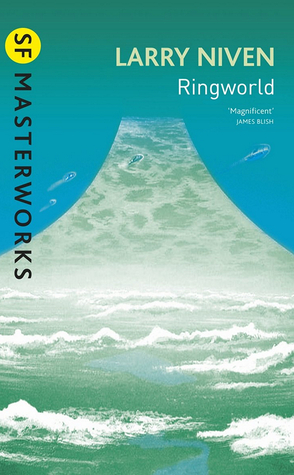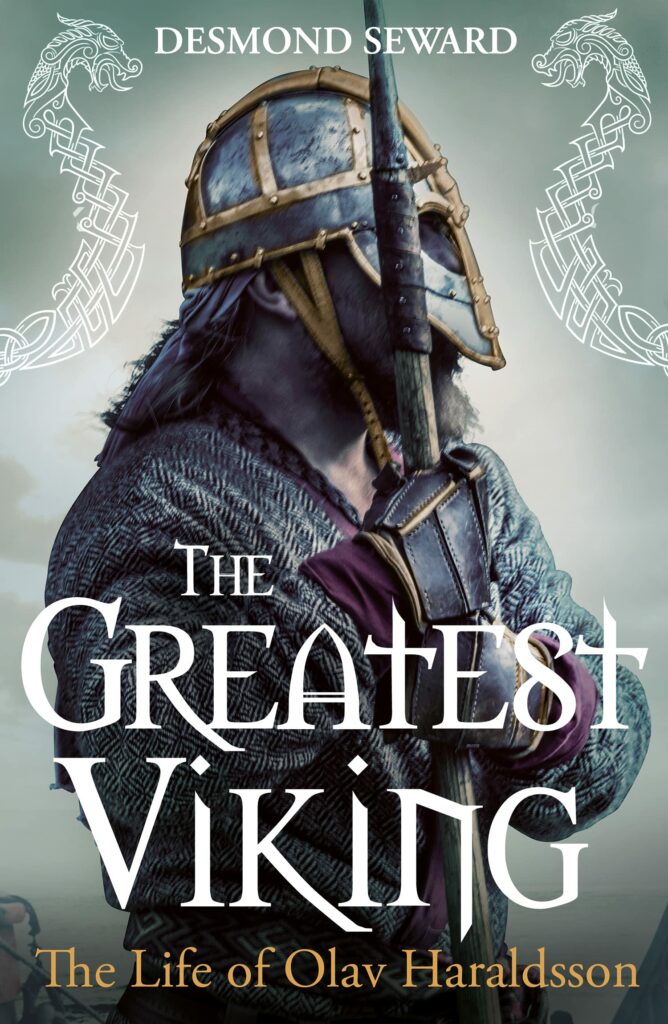
Desmond Seward, who died on 3 April 2022, was one of Britain’s most accomplished popular historians, his many books displaying a mixture of vigorous storytelling and close attention to primary and secondary sources. Seward’s final book, published posthumously, shows that he suffered no decline in his gifts in his final years. The Greatest Viking takes the life of King Olav Haraldsson and brings the man and his times to life. In this, Seward was helped by Olav’s life being, like that of so many of the great Vikings, a tale of outrageous adventure, of reversals and victories, daring escapes and unlikely returns. Indeed, it’s the sort of life that if Seward had been writing a novel, he would have had to tone it down to make it more believable.
Olav, in life and even more in his death, became a symbol of Norwegian national identity, so much so that we was given – and still holds – the title of Rex Perpetuus Norvegiae, the eternal king of Norway. Olav, a descendant of Harald Fairhair, the first man to unite Norway, saw it as his destiny to bring the country under his rule. Following his conversion to Christianity, he widened his mission to include banishing the old Norse gods. Seward is particularly insightful in explaining the savagery with which Olav went about suppressing the old pagan religion, neither excusing Olav’s fierceness nor downplaying the depravity attached to worshipping the old gods. Although we have lost an excellent historian, The Greatest Viking is an excellent valediction of a lifetime’s work bringing the past to life for new generations.
